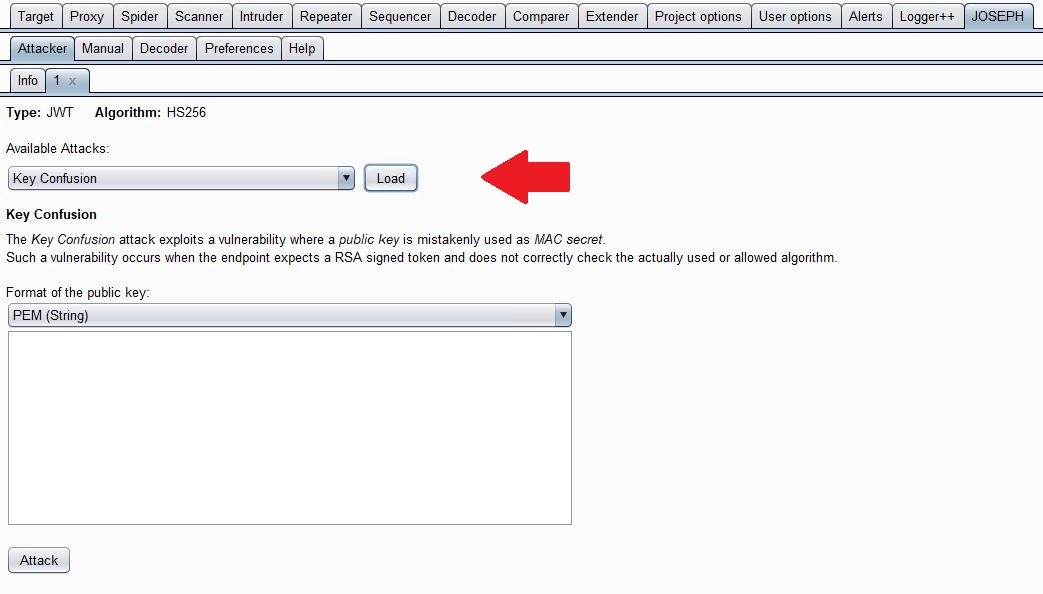Welcome to PyJWT ¶. PyJWT is a Python library which allows you to encode and decode JSON Web Tokens (JWT). JWT is an open, industry-standard for representing claims securely between two parties. JSON Web Token (JWT) is a compact URL-safe means of representing claims to be transferred between two parties. The claims in a JWT are encoded as a JSON object that.
- Generate Jwt Secret Key Python Online
- Generate Jwt Secret Key Python Download
- Jwt Secret Key Generator Python

Encoding & Decoding Tokens with HS256¶
Encoding & Decoding Tokens with RS256 (RSA)¶

If your private key needs a passphrase, you need to pass in a PrivateKey object from cryptography.
- JWT Header, the encoded claim are combined, and an encryption algorithm, such as HMAC SHA-256 is applied. The signatures's secret key is held by the server so it will be able to verify existing tokens. Popular Libraries for JWT Java atlassian-jwt and jsontoken. Node.js node-jwt-simple. PHP firebase php-jwt.
- Python-jwt is a JSON Web Token (JWT) implementation in Python developed by Gehirn Inc. # Or load a RSA key from a PEM file.
Specifying Additional Headers¶
Reading the Claimset without Validation¶
If you wish to read the claimset of a JWT without performing validation of thesignature or any of the registered claim names, you can set theverify_signature option to False.
Note: It is generally ill-advised to use this functionality unless youclearly understand what you are doing. Without digital signature information,the integrity or authenticity of the claimset cannot be trusted.
Reading Headers without Validation¶
Some APIs require you to read a JWT header without validation. For example,in situations where the token issuer uses multiple keys and you have noway of knowing in advance which one of the issuer’s public keys or sharedsecrets to use for validation, the issuer may include an identifier for thekey in the header.
Registered Claim Names¶
The JWT specification defines some registered claim names and defineshow they should be used. PyJWT supports these registered claim names:
- “exp” (Expiration Time) Claim
- “nbf” (Not Before Time) Claim
- “iss” (Issuer) Claim
- “aud” (Audience) Claim
- “iat” (Issued At) Claim
Expiration Time Claim (exp)¶
You can pass the expiration time as a UTC UNIX timestamp (an int) or as adatetime, which will be converted into an int. For example:
Expiration time is automatically verified in jwt.decode() and raisesjwt.ExpiredSignatureError if the expiration time is in the past:
Expiration time will be compared to the current UTC time (as given bytimegm(datetime.utcnow().utctimetuple())), so be sure to use a UTC timestampor datetime in encoding.
You can turn off expiration time verification with the verify_exp parameter in the options argument.
PyJWT also supports the leeway part of the expiration time definition, whichmeans you can validate a expiration time which is in the past but not very far.For example, if you have a JWT payload with a expiration time set to 30 secondsafter creation but you know that sometimes you will process it after 30 seconds,you can set a leeway of 10 seconds in order to have some margin:
Instead of specifying the leeway as a number of seconds, a datetime.timedeltainstance can be used. The last line in the example above is equivalent to:
Not Before Time Claim (nbf)¶
The nbf claim works similarly to the exp claim above.
Issuer Claim (iss)¶
If the issuer claim is incorrect, jwt.InvalidIssuerError will be raised.
Audience Claim (aud)¶
Generate Jwt Secret Key Python Online
In the general case, the “aud” value is an array of case-sensitive strings, each containing a StringOrURI value.
In the special case when the JWT has one audience, the “aud” value MAY bea single case-sensitive string containing a StringOrURI value.
If multiple audiences are accepted, the audience parameter forjwt.decode can also be an iterable
The interpretation of audience values is generally application specific.Use of this claim is OPTIONAL.
If the audience claim is incorrect, jwt.InvalidAudienceError will be raised.
Issued At Claim (iat)¶
The iat (issued at) claim identifies the time at which the JWT was issued.This claim can be used to determine the age of the JWT. Its value MUST be anumber containing a NumericDate value. Use of this claim is OPTIONAL.
If the iat claim is not a number, an jwt.InvalidIssuedAtError exception will be raised.
Requiring Presence of Claims¶
Generate Jwt Secret Key Python Download
If you wish to require one or more claims to be present in the claimset, you can set the require parameter to include these claims.